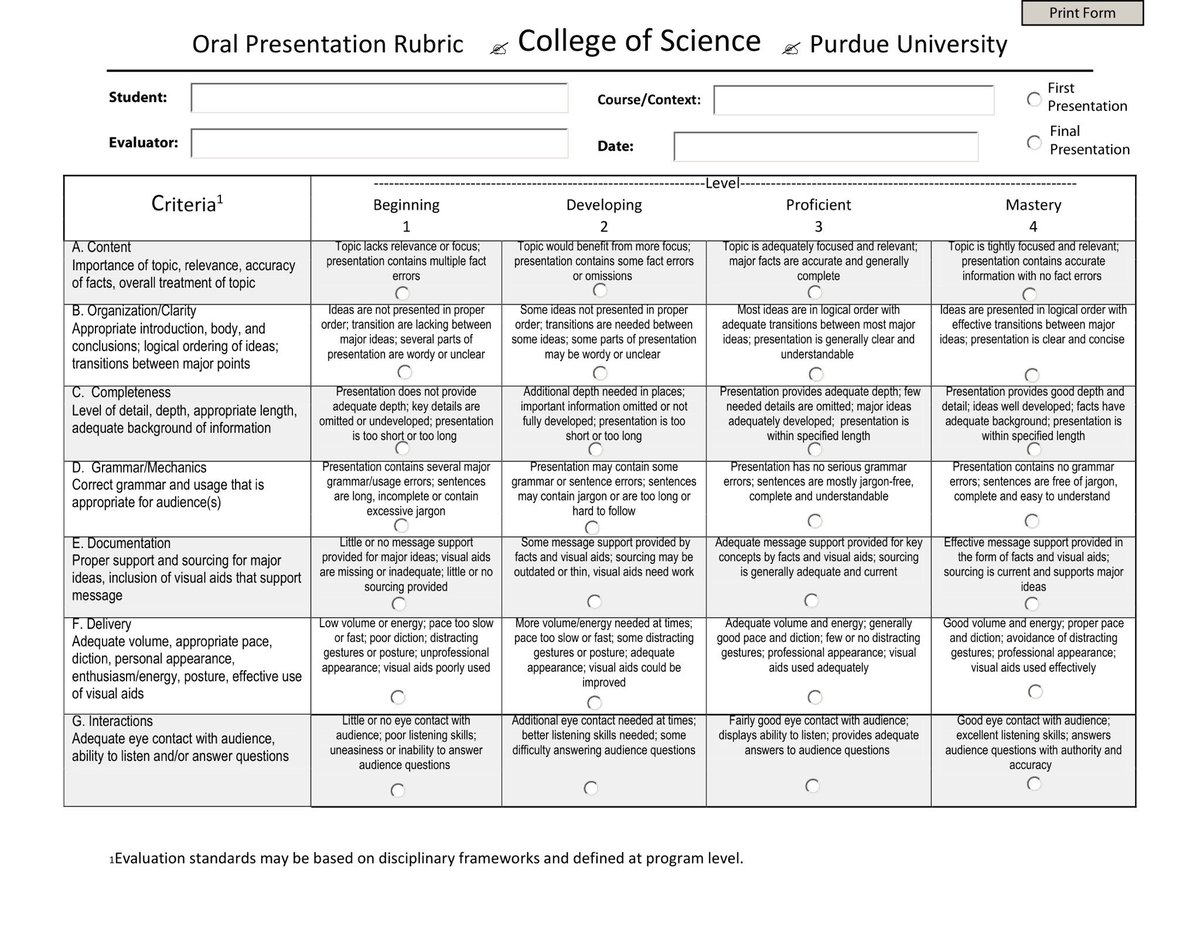How extra-curricular activities make me a better researcher!
A short presentation. Hope you can find some relation.
A thread 🧵
#phdchat #research #volunteering #mentorship #applications
@PhDVoice @AcademicChatter
A short presentation. Hope you can find some relation.
A thread 🧵
#phdchat #research #volunteering #mentorship #applications
@PhDVoice @AcademicChatter

• • •
Missing some Tweet in this thread? You can try to
force a refresh




















